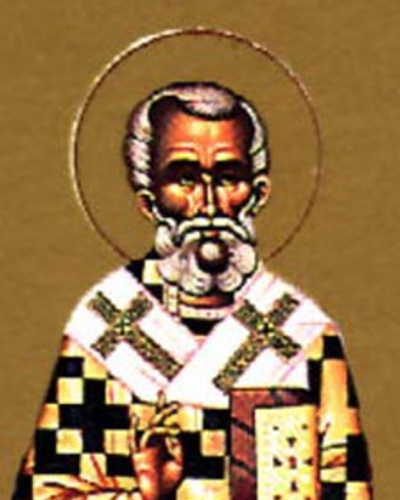This Week in Christian History: Mayflower, Pope Celestine, 'Sweet Hour of Prayer'
Celestine Elected Pope — Sept. 10, 422

This week marks the anniversary of the election of Saint Celestine to the position of head of the Roman Catholic Church on Sept. 10, 422.
Succeeding Pope Bonaface I and reigning as Bishop of Rome for about 10 years, Celestine was most noted for his attacks on heretical Christian teachings.
"His pontificate is noted for its vigorous attack on Nestorianism, the unorthodox teaching of Patriarch Nestorius of Constantinople, which stressed that Christ's human and divine natures were independent and which denounced the Virgin's title Theotokos (God-bearer)," noted Britannica.
"Celestine also refuted the doctrine of Pelagius (fl. 405–418), which minimized the role of divine grace in man's salvation. In 429 Celestine dispatched the French bishops SS. Germanus of Auxerre and Lupus of Troyes to combat Pelagianism in England."
The Orthodox Church in America described St. Celestine as "a zealous champion of Orthodoxy" who had "an excellent education" and was familiar with philosophy.
"The virtuous life of the saint and his authority as a theologian won him the general esteem and love of the clergy and people," stated OCA.



























